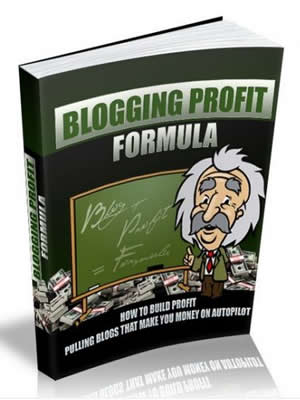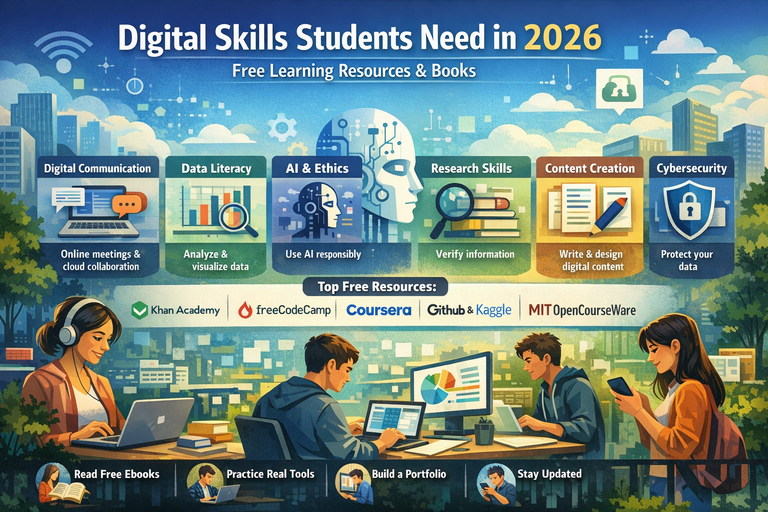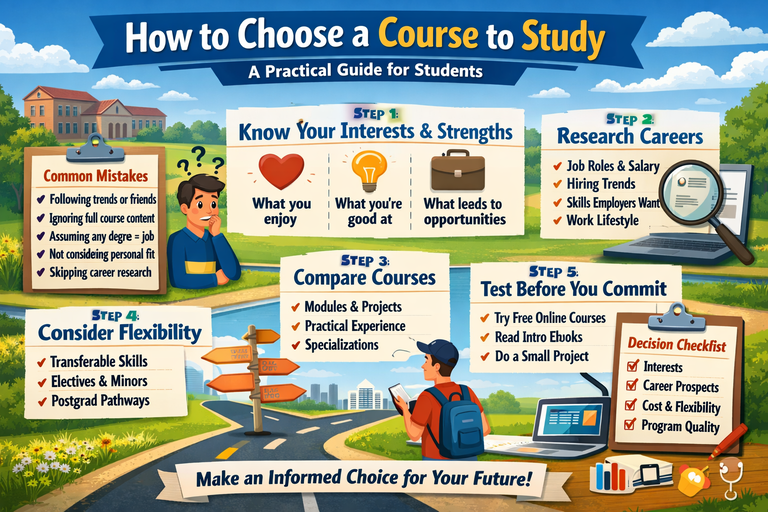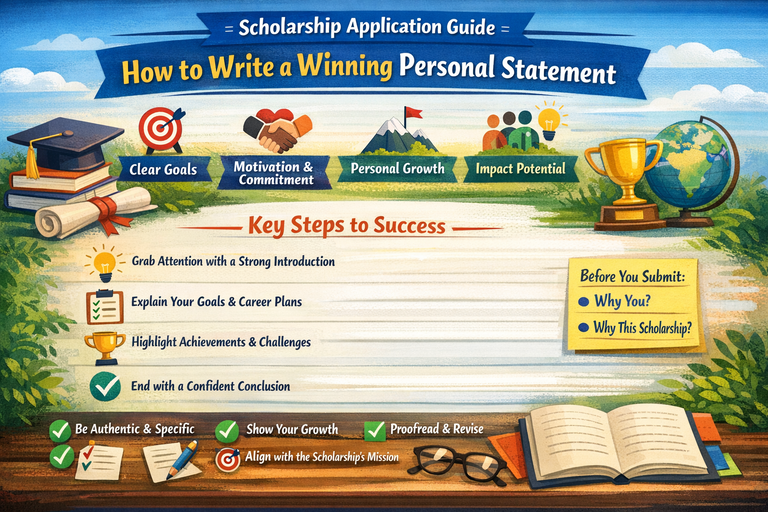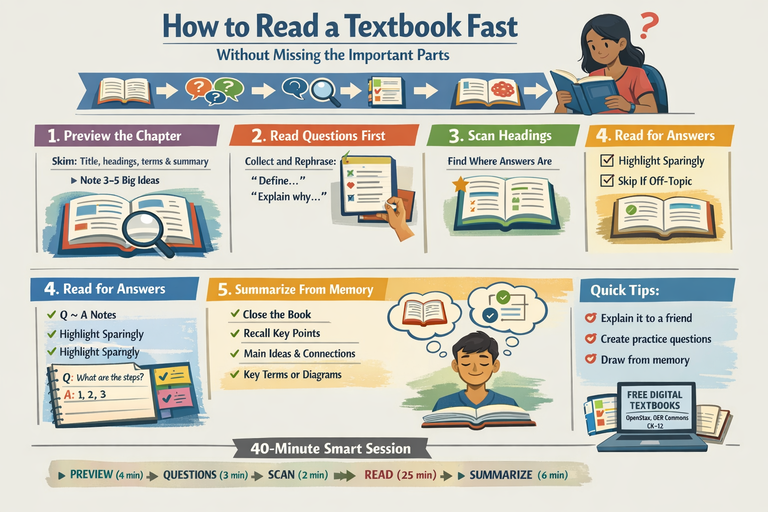How to Build a Reading Habit That Lasts
In a world full of digital distractions, fast-paced routines, and endless streaming content, finding time to read can feel like a luxury. But reading isn’t just a leisure activity—it’s a life-enhancing habit that improves your focus, reduces stress, boosts creativity, and expands your perspective. Whether you’re a casual browser or someone trying to read more books this year, developing a sustainable reading habit is one of the most rewarding goals you can set.
At Junkybooks, we believe that everyone has the capacity to become a lifelong reader—with the right approach. In this post, we’ll explore practical, proven strategies to help you build a reading habit that actually sticks.
Why Build a Reading Habit?
Before diving into the how, let’s start with the why. Reading is often described as a form of mental exercise, and for good reason:
-
Improves vocabulary and comprehension
-
Increases focus and attention span
-
Reduces stress and anxiety
-
Enhances empathy and emotional intelligence
-
Stimulates imagination and creativity
-
Encourages lifelong learning
When you read regularly, especially fiction and non-fiction that challenges you, your mind stays sharper, your understanding of the world broadens, and your capacity for empathy deepens.
Step 1: Set Realistic and Clear Goals
Don’t start by aiming to finish 50 books in a year if you haven’t finished one in the last six months. Instead, set manageable, specific goals like:
-
Read for 10 minutes a day
-
Finish one book per month
-
Read 5 pages before bed
Having a clear goal makes the habit easier to track and gives you a sense of achievement as you progress.
Step 2: Make Reading a Daily Ritual
Reading should feel as natural as brushing your teeth or sipping your morning coffee. Create cues and rituals around reading:
-
Morning readers: Start your day with 10–15 minutes of reading before checking your phone.
-
Lunchtime readers: Take a book with you and read during your lunch break.
-
Bedtime readers: Replace screen time with 10–20 pages before bed to wind down.
Consistency is key. The more regular your routine, the stronger your reading habit becomes.
Step 3: Always Have a Book with You
Whether it’s a paperback, an e-reader, or an audiobook app on your phone, always keep something to read nearby. You’ll be surprised how much reading you can sneak into everyday moments:
-
Waiting for a friend
-
Riding public transportation
-
Sitting in a doctor’s office
-
During lunch or coffee breaks
These short bursts of reading add up over time and help build momentum.
Step 4: Create a Reading-Friendly Environment
Your reading space matters. If possible, designate a cozy, quiet spot in your home where you can read without interruptions. Good lighting, a comfortable chair, and easy access to your books can make reading more inviting.
If noise is a problem, try background music or white noise. And consider keeping your phone in another room if you’re easily distracted.
Step 5: Track Your Reading Progress
There’s something motivating about seeing your reading stack grow. Use tools like:
-
A notebook or bullet journal
-
Goodreads or The StoryGraph
-
A reading tracker app
-
A calendar to check off your reading days
Tracking makes your progress visible and encourages you to stay consistent. Plus, it gives you something to look back on proudly.
Step 6: Choose Books You Actually Want to Read
This may seem obvious, but many people give up on reading because they start with books they think they should read, not ones they want to read. Find genres, authors, and topics that genuinely interest you.
Ask yourself:
-
Do I prefer fiction or nonfiction?
-
Am I in the mood for something light or deep?
-
Would I rather read about real-life experiences, fantasy worlds, or historical events?
Give yourself permission to explore. When you love what you’re reading, the habit forms much more naturally.
Step 7: Don’t Be Afraid to Quit a Book
One of the biggest reading killers? Forcing yourself to finish a book you’re not enjoying.
Life is too short—and your reading time is too precious—for books that don’t engage you. It’s okay to put a book down and move on. Dropping a book isn’t a failure; it’s a step toward finding something better.
Step 8: Join a Reading Community
Reading can feel solitary, but it doesn’t have to be. Joining a book club or online reading community adds a layer of accountability, motivation, and social interaction.
Try:
-
Local book clubs
-
Reddit’s r/books or Goodreads groups
-
Reading challenges with friends
-
Virtual buddy reads via social media
Sharing thoughts on what you read can deepen your appreciation and help you stay committed.
Step 9: Mix It Up
Avoid burnout by varying what you read. If you’ve been on a heavy nonfiction streak, switch to a fast-paced thriller. If you’ve read nothing but fantasy, try a memoir. Keeping your reading diet diverse prevents boredom and keeps your mind engaged.
Consider alternating between:
-
Fiction and nonfiction
-
Long novels and short stories
-
Classics and contemporary works
-
Different genres (mystery, sci-fi, biography, etc.)
This mix keeps things fresh and helps you discover new interests.
Step 10: Explore Audiobooks
Audiobooks are a fantastic way to “read” during times when holding a book isn’t practical—like driving, exercising, or cleaning. They’re especially useful for people who struggle with focus or find traditional reading difficult.
Services like Audible, Scribd, and Libby (free via many public libraries) offer thousands of audiobooks across genres. Just be sure to choose a narrator you enjoy!
Bonus Tip: Celebrate Milestones
Did you finish your first book in months? Celebrate it. Completed a 30-day reading streak? Reward yourself. These moments of recognition keep motivation high and reinforce the habit.
Use milestones to reflect on:
-
What you learned
-
How you felt
-
What book you’ll read next
The more positive associations you build with reading, the more you’ll look forward to it.
What to Read First? Here Are Some Reader-Friendly Suggestions
If you’re unsure where to begin, here are a few titles across different genres that are easy to get into:
Fiction
-
Eleanor Oliphant Is Completely Fine by Gail Honeyman
-
The Midnight Library by Matt Haig
-
The Alchemist by Paulo Coelho
Nonfiction
-
Atomic Habits by James Clear
-
Educated by Tara Westover
-
Born a Crime by Trevor Noah
Thriller/Mystery
-
The Girl on the Train by Paula Hawkins
-
Big Little Lies by Liane Moriarty
Self-Help/Personal Development
-
The Subtle Art of Not Giving a F*ck by Mark Manson
-
Deep Work by Cal Newport
Choose whatever catches your interest and go from there!
Final Thoughts
Building a reading habit doesn’t require huge sacrifices—it requires small, intentional steps taken consistently. Even just 10 minutes a day adds up to hundreds of pages a month and multiple books a year. More importantly, it fosters a deeper connection to yourself, others, and the world.
At Junkybooks, we believe that everyone is a reader—they just need to find the right book and the right rhythm. Whether you’re starting from scratch or returning to reading after a long break, the key is to keep going, keep exploring, and keep turning the page.


